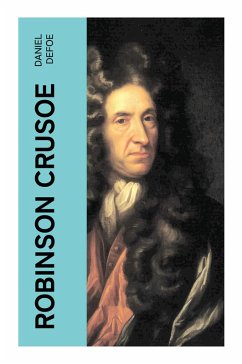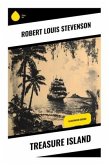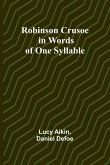Daniel Defoe's seminal work, "Robinson Crusoe," offers a rich exploration of survival, self-reliance, and the complexities of human nature within the context of the 18th-century Enlightenment. The narrative follows the titular character, Crusoe, who is shipwrecked on a desolate island and must navigate the challenges of isolation. Defoe employs a vivid prose style, combining realism with imaginative storytelling, which immerses readers in Crusoe's existential struggles and triumphs. The novel serves as a critical commentary on colonialism, individualism, and the natural order, making it a preeminent example of early English fiction. Daniel Defoe, an English writer and journalist, drew from his own diverse experiences-ranging from mercantile endeavors to imprisonment for political dissent-to craft this timeless tale. His life, marked by adventure and adversity, mirrors that of Crusoe; Defoe was an ardent observer of society, and his keen insight into the human condition informs the depth of his protagonist's character. Published in 1719, "Robinson Crusoe" not only reflects Defoe's fascination with the human spirit's resilience but also situates itself within the broader narrative of exploration and adventure that characterized the era. This novel is an essential read for anyone interested in the human experience and the drive for survival. Defoe's engaging narrative and philosophical underpinnings resonate across centuries, offering valuable reflections on autonomy and morality. Readers will find themselves captivated by Crusoe's saga, prompting deeper inquiries into their own lives and societal constructs. A masterpiece of literature, "Robinson Crusoe" remains a cornerstone in the study of narrative and the exploration of the self.
Bitte wählen Sie Ihr Anliegen aus.
Rechnungen
Retourenschein anfordern
Bestellstatus
Storno








